Emily Tuttle: Why did you become a veterinarian?
I was passionate about horses since even before the day I employed my older sister’s help in scouring the yellow pages (remember those?) for riding lesson stables nearby. I was your stereotypical horse girl/lesson kid for over a decade until I chose a college largely for its equestrian program. Throughout my early years in the equine industry, I met countless amazing humans who mentored me, cheered me on, and allowed me to ride their equally amazing horses. There’s no way I can do their influence justice without overly digressing.
The veterinary industry, on the other hand, was never my dream. I was going to be a writer, horse trainer, forensic psychologist, equine-assisted therapist, cowgirl, you name it – but nothing involving hard science or math. It wasn’t until I competed in 4-H horse knowledge competitions that I started to realize how cool the biology behind horses can be. I also distinctly remember being enthralled by the barn veterinarian demonstrating how to stain a horse’s eye for ulcers (neon-green eyeballs are hard to forget).
The final decision to apply to vet school came when I considered what kind of influence I wanted to make on the world. I wanted to have the skills to help horses perform their best, as well as the knowledge-base to provide owners with information to help them ensure a great quality of life for their horses. In essence, I decided to be an equine veterinarian because it allows me to help the same kinds of people who supported me while I was growing up in the horse industry, and in a wide variety of different ways. Sure, veterinary medicine requires a strong academic background, but it is still largely a service industry.
As an equine veterinarian I have the responsibility of being the advocate for the horse’s wellbeing. There’s plenty of misinformation in the world that even well-intentioned horse people can fall victim to, at the expense of their horse’s health and happiness. Being able to educate clients and steer them in better directions for their horse is a very rewarding part of being a veterinarian. I also have the privilege to help horse owners keep their equine partner in top shape for their intended job as well as to support horse owners through some of the toughest decisions they will ever make on behalf of their animal. I love being an equine veterinarian because I love being an integral part of the team that makes each human-equine partnership successful.

